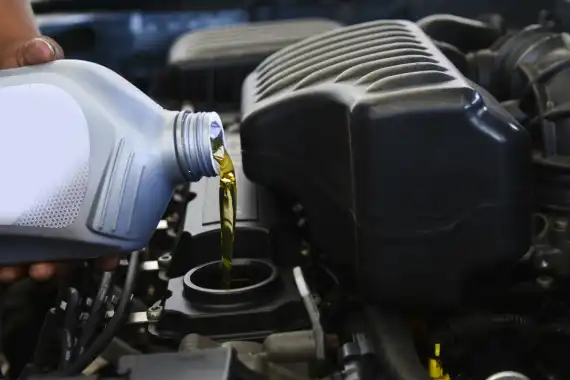
Your car always requires care and maintenance throughout the year to remain in pristine condition. However, it will require special care during the warmer summer months, especially when you're likely to be doing driving more miles.
Follow our advice, you should be prepared for whatever the summer sun may bring.
Engine coolants and fluids
The biggest cause of breakdowns and engine problems in summer is overheating To reduce the chances of this happening to you, car owners should make it a weekly habit to check the coolant level. It's important to perform this check when the engine is cold and ensure the coolant level falls between the minimum and maximum markers.
Besides the engine coolant, other fluids in the car also require regular inspection during the summer. Brake, clutch, and power steering fluids should be monitored at least once a month or before embarking on long trips. Seeking guidance from a mechanic can provide valuable advice on how to conduct these checks properly for your specific car model.
Dust and grime on your screen will become more visible in direct sunlight over summer, making it harder to see your surroundings. So it's still essential to top up the windscreen fluid frequently as splatted insects on the windscreen can necessitate regular cleaning.

Tyres
Fluctuations in air temperature can influence the air pressure within your tyres, leading to potential overinflation during hot weather. This condition accelerates tyre wear and puts added stress on vulnerable areas, increasing the risk of punctures and blowouts.
To maintain optimal tyre performance, it's crucial to conduct regular tyre pressure checks, ideally every couple of weeks, particularly when temperatures are on the rise. Additionally, keep a close eye on tread wear and examine the sidewalls for any signs of defects or damage.

Bodywork
Summer is a common time for roadworks, as workers take advantage of longer daylight hours and milder working conditions. Keep an eye out for dents, scrapes, and marks on the vehicle's body, as loose surfaces and other debris are more likely to make contact with it.

Air Conditioning System
Air conditioning in cars works by extracting warmth and moisture from the air inside the vehicle, and then replacing it with cooler and more comfortable air. Some modern air conditioning units are equipped with effective filters that can even help reduce pollen levels, providing relief to passengers who suffer from hay fever.
However, it is essential to be mindful of proper maintenance. When the air conditioning system is not regularly used, moisture passing through it can lead to the accumulation of bacteria and mold spores. Moreover, the pollen filter may become blocked over time and require replacement.
Another aspect to consider is that most air conditioning systems experience a gradual loss of around 15% of their refrigerant gas each year. Therefore, it is advisable to have your air conditioning system serviced every two years to ensure it remains in optimal condition.





